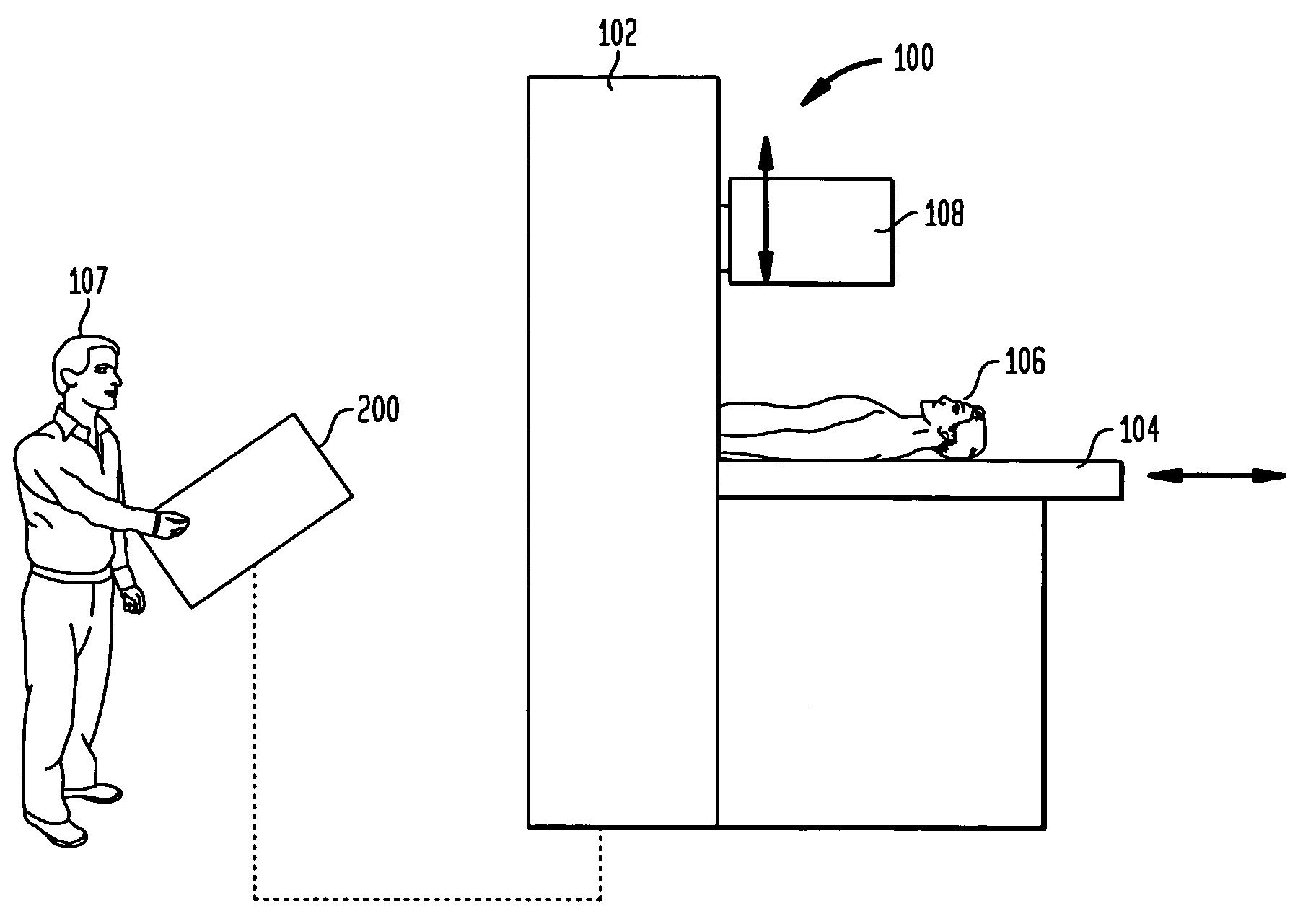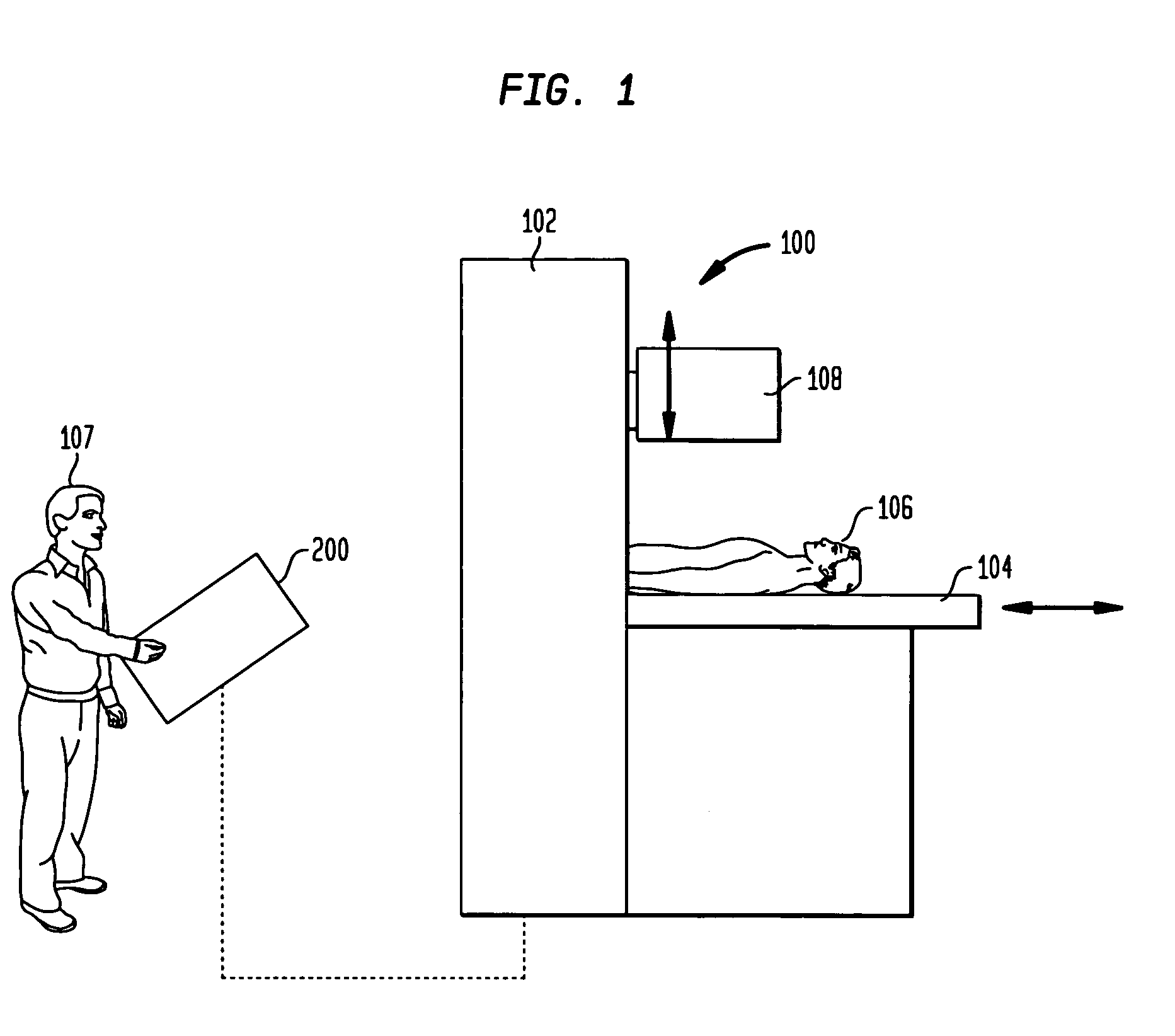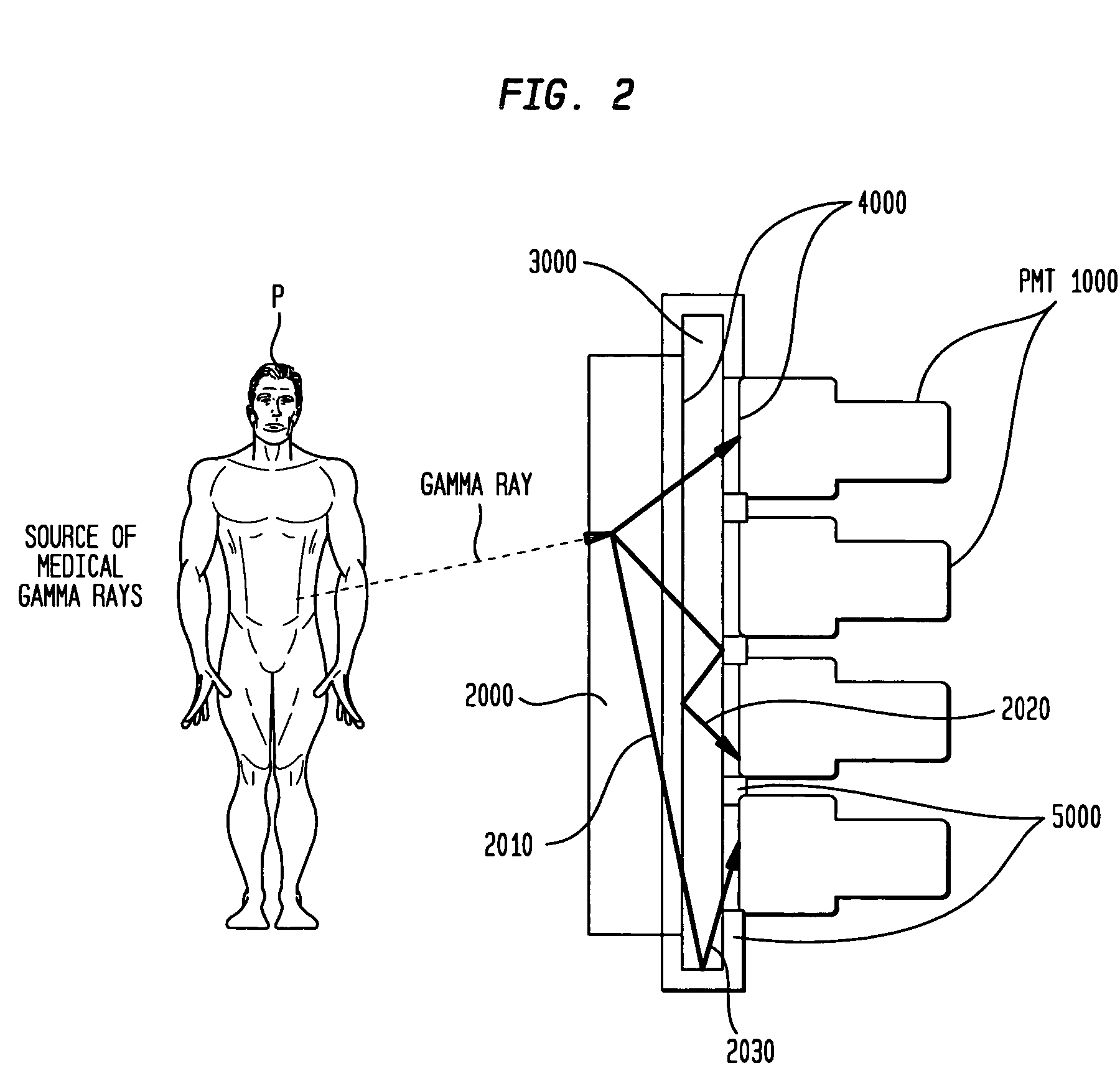Systems and methods for creating stable camera optics
a camera optics and system technology, applied in the field of imaging systems, can solve the problems of compromising the optics, losing the reflectivity of conventional reflective materials, and silicone-based materials having drawbacks that compromise the optics, and the materials are typically very difficult to work
- Summary
- Abstract
- Description
- Claims
- Application Information
AI Technical Summary
Benefits of technology
Problems solved by technology
Method used
Image
Examples
Embodiment Construction
[0014]The preferred embodiments of the present invention can significantly improve upon existing methods and / or apparatuses.
[0015]According to some preferred embodiments of the invention, a method of inhibiting discoloration of an optical coupling for a medical imaging system is performed that includes: inhibiting an interaction between an optical coating and an optical coupling that causes discoloration of the optical coupling. Preferably, the method further includes having the medical imaging system include a nuclear medical imaging system or a PET system. In preferred embodiments, the method further includes having the optical coupling between a scintillation crystal and a photomultiplier tube and the optical coating include a light reflective coating. In addition, the method preferably further includes having the optical coupling include an optical coupling gel, and, especially, a silicon-based coupling gel, and, more especially, an optical coupling gel including a platinum cata...
PUM
 Login to View More
Login to View More Abstract
Description
Claims
Application Information
 Login to View More
Login to View More - R&D
- Intellectual Property
- Life Sciences
- Materials
- Tech Scout
- Unparalleled Data Quality
- Higher Quality Content
- 60% Fewer Hallucinations
Browse by: Latest US Patents, China's latest patents, Technical Efficacy Thesaurus, Application Domain, Technology Topic, Popular Technical Reports.
© 2025 PatSnap. All rights reserved.Legal|Privacy policy|Modern Slavery Act Transparency Statement|Sitemap|About US| Contact US: help@patsnap.com



